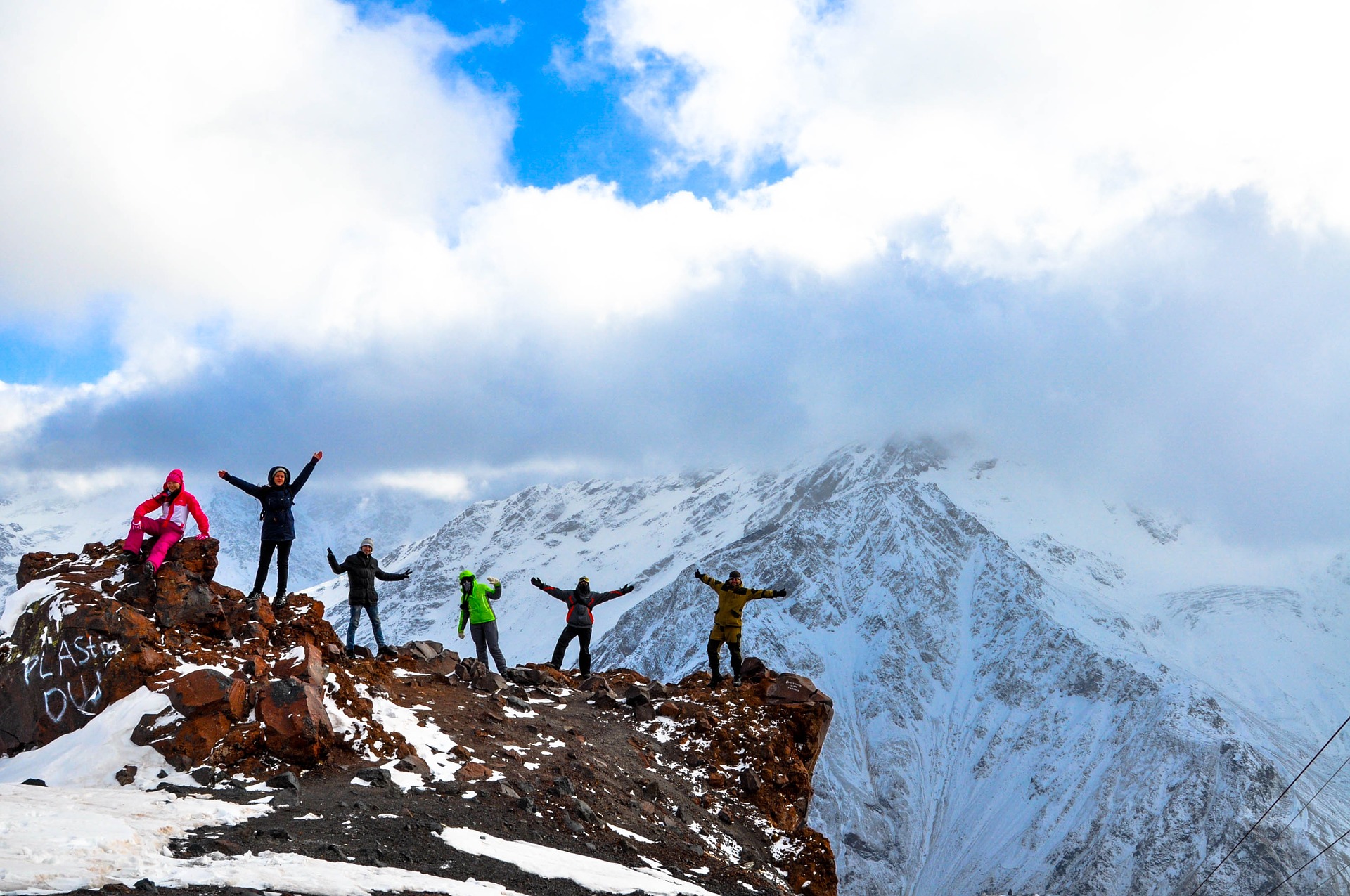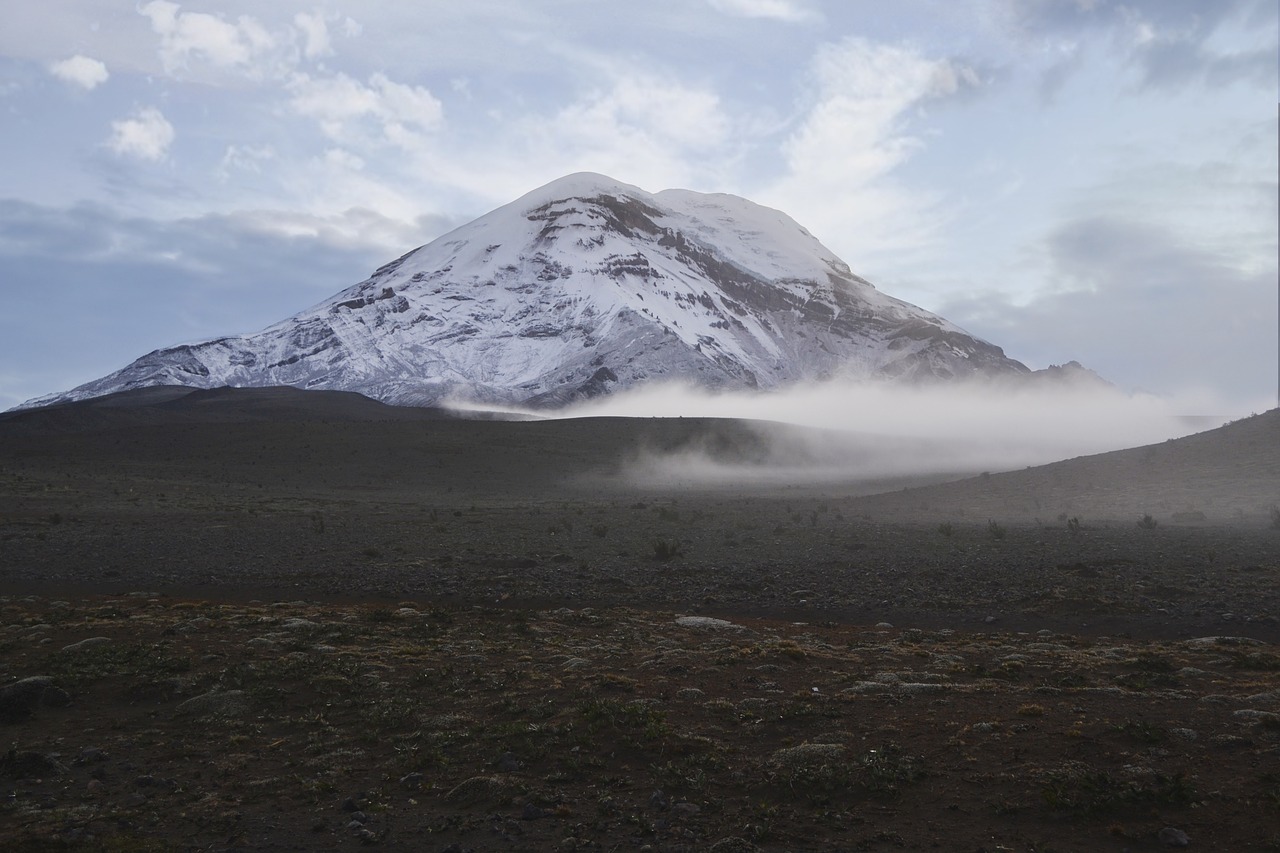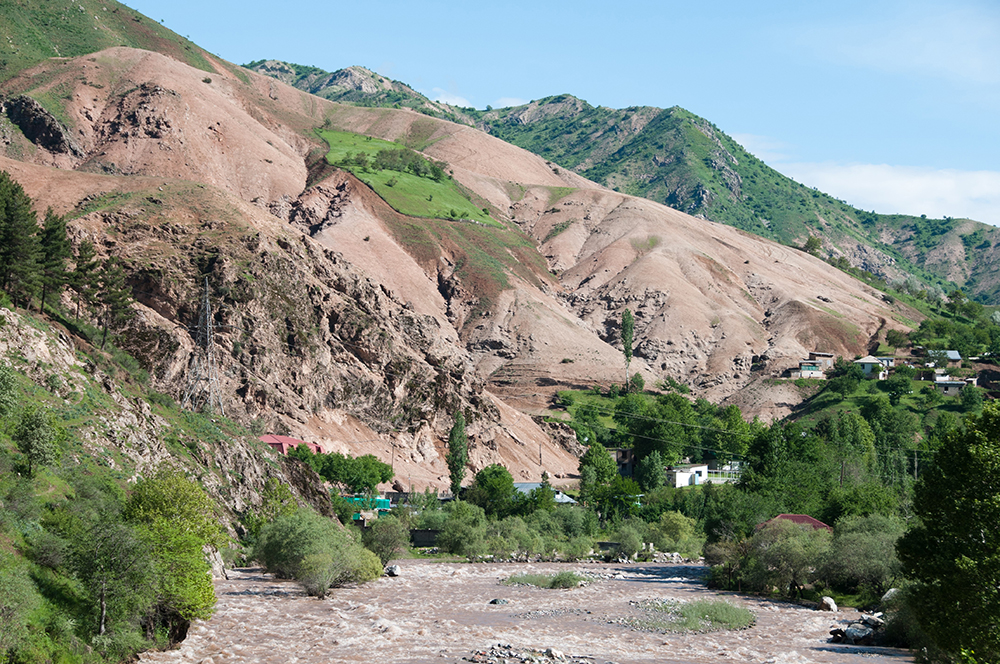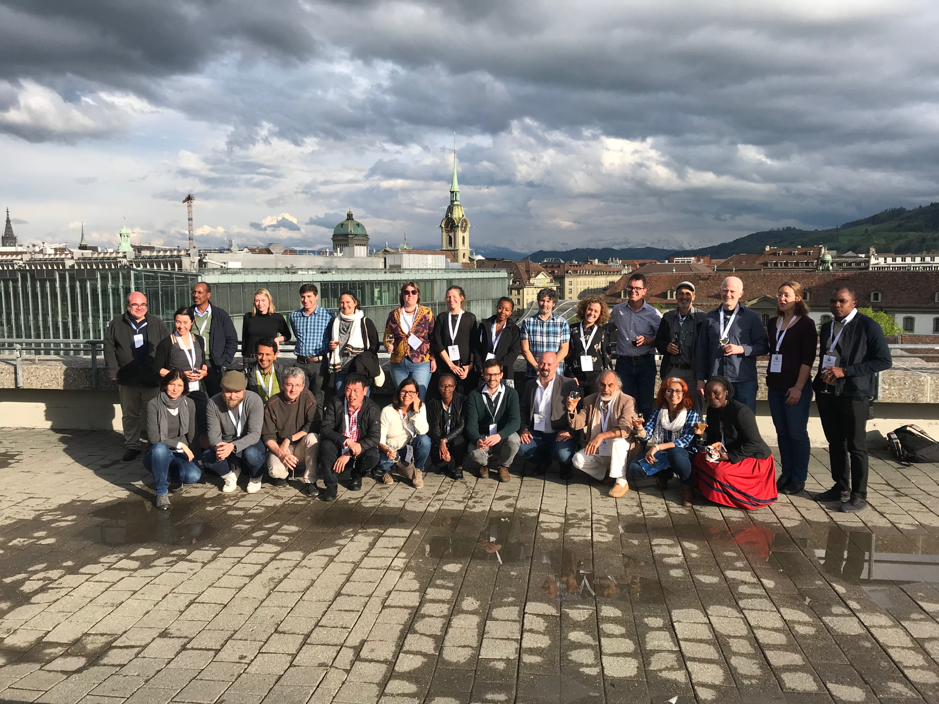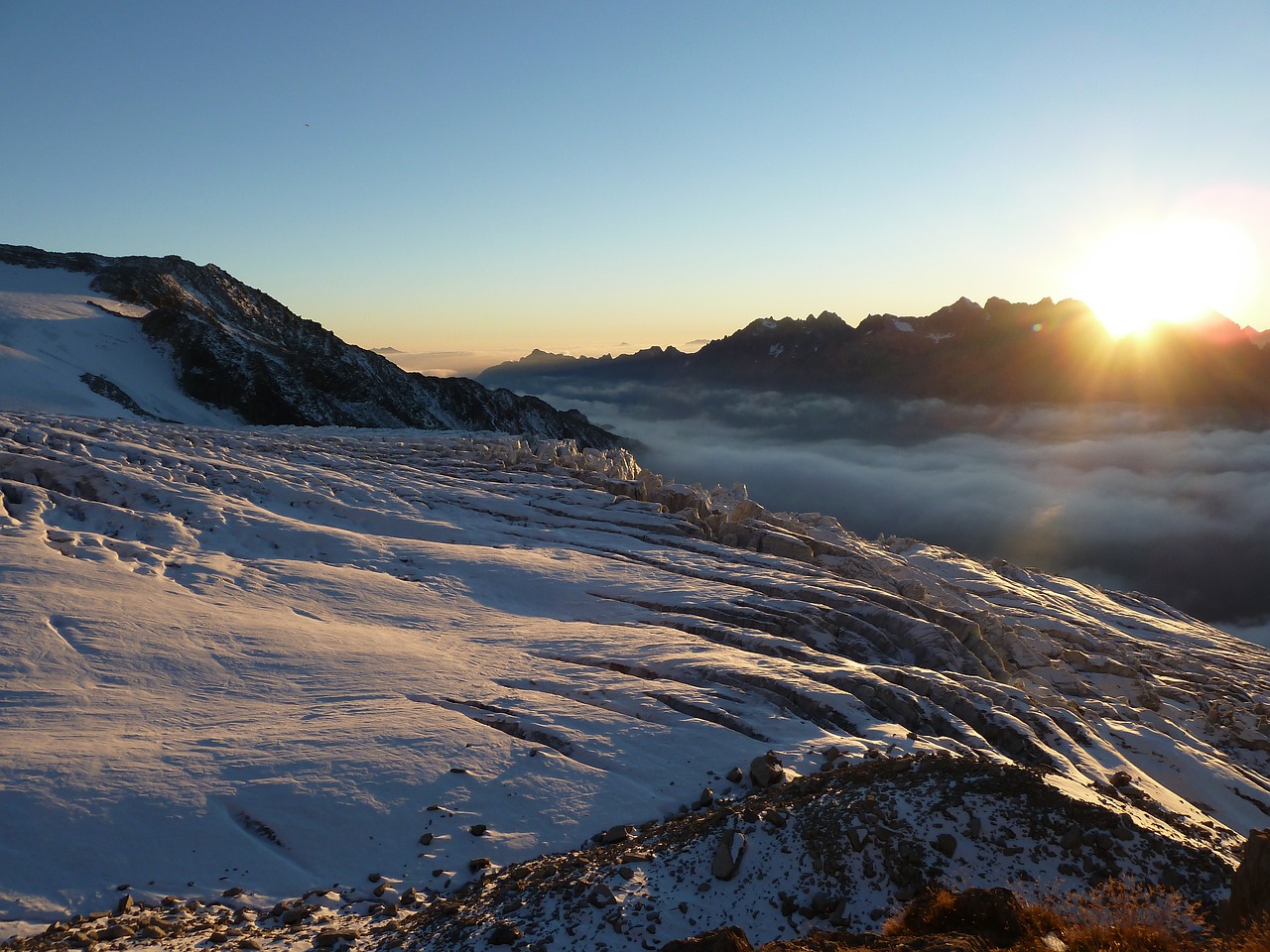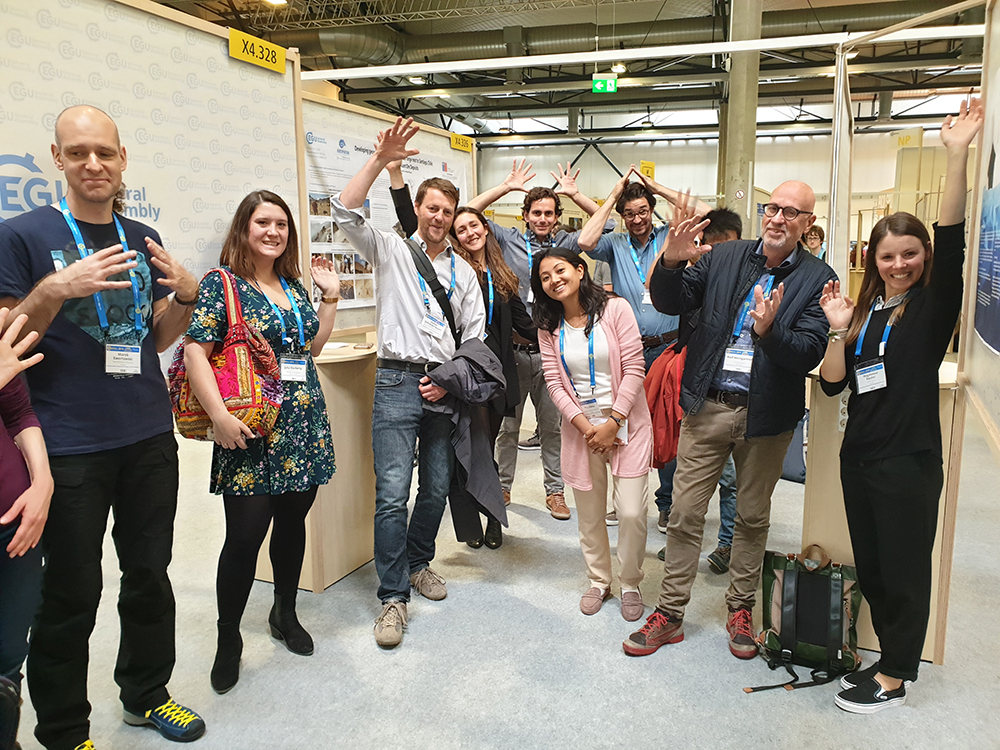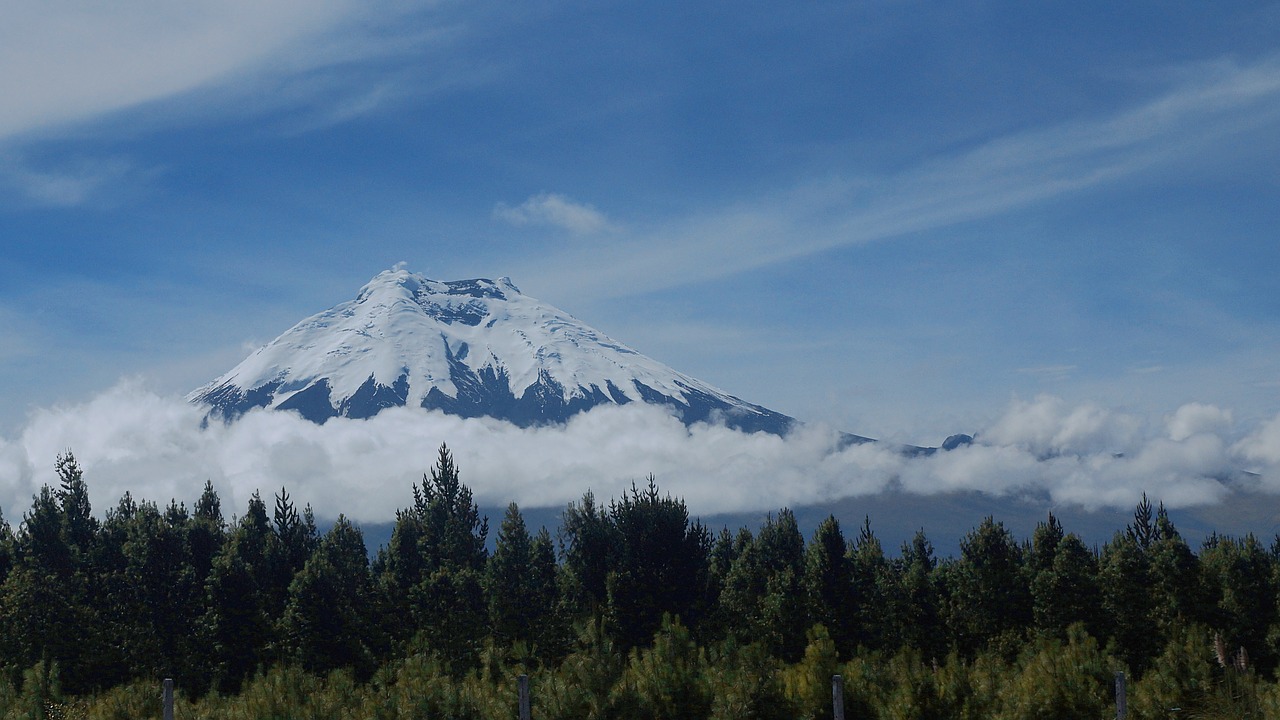MRI News
- Details
- Category: MRI News
Together with our program partners, University of Zurich, Helvetas, and ICIMOD, the MRI is very pleased to announce the six participants selected from among almost 100 applications received for our Mentoring and Training Program in IPCC Processes for Early Career Mountain Researchers – an initiative supported by the Swiss Agency for Development and Cooperation (SDC). Thank you all for your interest in and support for this program.
The program specifically targets early career researchers with outstanding academic credentials and a research focus on climate change and mountains. The program aims to support their professional development through mentoring and training over the course of the next three years, strengthening their expert contributions on mountains and climate change and enhancing their eligibility to participate as authors in future regional and global assessments for science-policy processes, such as the Intergovernmental Panel on Climate Change (IPCC).
- Details
- Category: MRI News
A new and exciting Cluster of Cooperation in the Global South (CLOC) has been funded by the swissuniversities Development and Cooperation Network (SUDAC), which brings together a wide range of interdisciplinary expertise from Switzerland and Latin America. The CLOC Conéctate-A+ (which translates as 'connect yourself to the Andes+ region') aims to set up a hub in the Tropical Andes and Central America region (Andes+), to address research on and for sustainable development and global change. The MRI, in collaboration with CONDESAN and the University of Zurich as CLOC Co-Heads, is coordinating this novel interregional exchange.
Achieving sustainable development in Latin America, and specifically in the Andes+ region, continues to be a major challenge. Although some progress has been made towards an adequate understanding of the barriers that impede progress towards this goal, the advances have been more thematically driven than with an integrated approach; there have been collaborative efforts of existing networks, particularly from research and practice in mountains focused on socio-ecological variables of sustainable development. However, it has been difficult to define a strategic research or teaching agenda for the region in order to contribute to this purpose.
- Details
- Category: MRI News
A new MRI publication highlights the importance of spatial context in monitoring and reporting on the Sustainable Development Goals. With reflections based on research in mountain regions, the paper calls for data collection methodologies and review schemes that take into account how SDGs may be reflected at sub-national and regional levels. This recent publication in the GAIA Open Access Thematic Issue: Research for Sustainable Development Goals (SDGs) was developed by the MRI and the Center for Development and Environment (CDE), as part of our collaboration on the Sustainable Mountain Development for Global Change (SMD4GC) programme.
In September 2015, the General Assembly of the United Nations unanimously adopted the Agenda 2030 for Sustainable Development. Central to this agenda are 17 Sustainable Development Goals (SDGs) and 169 related targets. By committing to the 2030 Agenda, countries have promised to work towards sustainable development, pledging to leave no one behind. However, for those that are marginalized due to living in remote mountainous regions, for example, the risk of exclusion remains.
- Details
- Category: MRI News
In the end of April almost 700 land system scientists travelled to Switzerland for the 4th Open Science Meeting of the Global Land Programme, held in Bern 24-26 April. During the week MRI attended and organized several activities to make mountain topics visible in the programme and connect mountain people in land system sciences.
Scenarios for sustainable mountain development
Research Session (328R): Applying Scenario Tools for Sustainable Mountain Development Thursday 25 April | 15:15 – 16:45
In light of the 2030 agenda, having information on how plausible futures of mountain social-ecological systems may look under different development scenarios, is key to enable dialogue and negotiations with multiple actors with claims on mountain resources. Tools such as social-ecological systems modelling and participatory scenario approaches, are developed to explore these scenarios and likely outcomes for communities, livelihoods, and mountain resources, with the ultimate aim to better project the impact of local and global changes in mountains and assist in designing management decisions towards sustainable mountain development.
- Details
- Category: MRI News
An MRI-led special issue of the journal Regional Environmental Change seeks to highlight contributions from the mountain research community to the IPCC’s Sixth Assessment cycle, focusing on the impacts of climate change on the high-mountain cryosphere and downstream regions – as well as responses to these impacts.
The IPCC’s Sixth Assessment cycle presented the mountain research community with an opportunity to address knowledge gaps on climate change impacts in the high-mountain cryosphere – further motivating activity in an area that has increasingly been a focus of research in recent years.
- Details
- Category: MRI News
Last month, the MRI was present at the European Geosciences Union General Assembly 2019, held in Vienna between 8-12 April. During the week, we attended a number of events that provided opportunities to further connect and bring the mountain research community together at one of the largest, and key, meets for the geosciences research community in Europe.
Transcending disciplinary boundaries for knowledge co-production in mountains
Session EOS6.3/NH9.26: Inter- and transdisciplinary research, education, and practice in mountain regions: field experiences, challenges, and opportunities | Mon, 08 Apr, 14:00–15:45.
This session, led by the Mountain Research Initiative (MRI), invited contributions to share diverse experiences with inter- and transdisciplinary (ID-TD) research, education, and practice as it is specifically applied in mountain contexts. A number of engaging presentations were given by researchers from diverse backgrounds, topics, and covering experiences had working in mountain regions in Europe, Africa, Asia, and South America.
- Details
- Category: MRI News
The Andes of South America are one of the most biologically rich and diverse regions in the world. They are also undergoing significant change, not least in terms of land cover. In order to build a better picture of the extent and impact of this, new MRI-supported research published in the journal Global Change Biology evaluates the distribution of woody vegetation in the tropical Andes between 2001 and 2014.
“The tropical Andes are particularly important in terms of biodiversity and ecosystem services,” says study author and MRI SLC member Ricardo Grau, Director of the Institute of Regional Ecology at the National University of Tucumán, Argentina. “Yet, in part due to the difficulties caused by rough topography and high cloud cover, there were no comprehensive assessments of vegetation cover change – so we aimed to fill this research gap.”
- Details
- Category: MRI News
As part of our mission to promote research on mountain regions across borders and disciplines through connection and collaboration, the Mountain Research Initiative issued a call for synthesis workshops in December last year. The purpose of this call was to provide funding for workshops that bring together global change researchers in order to address specific topics of interest to the mountain research community.
A total of 14 workshop proposals were submitted and eligible for review by our panel, which was comprised of MRI Principal Investigators, MRI Science Leadership Council members, and the MRI Executive Director.




